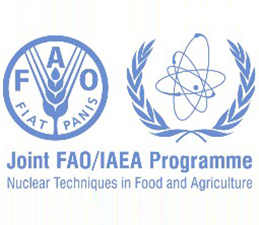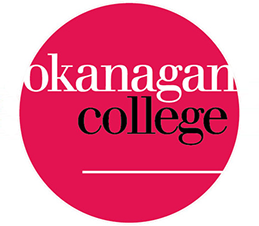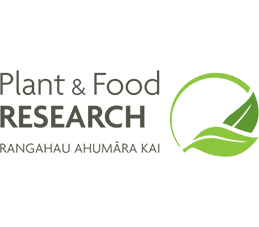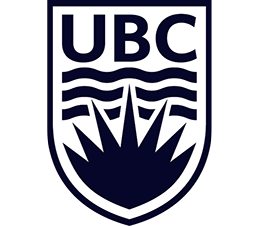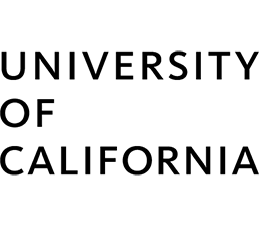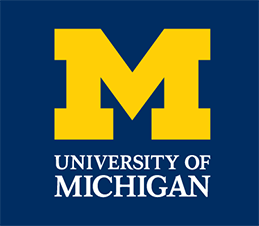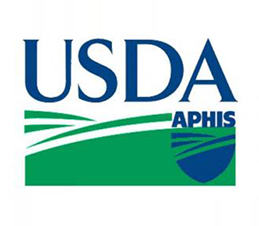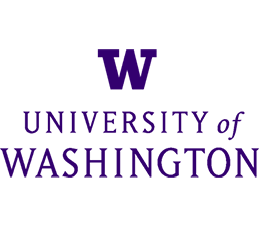SIR credits much of the program’s longevity and proven results to our strong partnerships with local governments, industry stakeholders, researchers, and residents, as well as our relationships with national and international agencies and experts in Integrated Pest Management (IPM). The program is a community area-wide effort that involves all our partners.
-
Partners Include:
Regional DistrictsThe SIR program is a service of four participating regional districts: Okanagan Similkameen (RDOS), Central Okanagan (RDCO), North Okanagan (RDNO), and the Columbia Shuswap (CSRD).
Through their SIR establishment bylaws, the regional districts define the program’s structure and activities. The regional districts also advocate on behalf of the program and facilitate the collection of parcel and property value taxes.
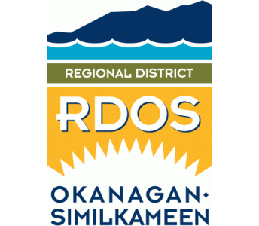
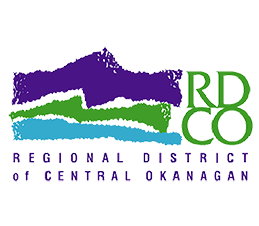
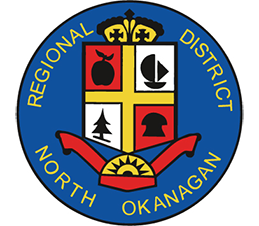
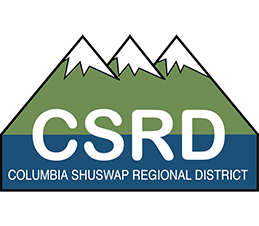
-
Growers
Growers are responsible for developing sustainable pest management plans for their orchards – plans that integrate sterile insect release with other measures, as required. Growers cooperate with SIR program staff in insect monitoring and release efforts, and report moth infestations and the presence of unmanaged host trees. Growers support the program through parcel tax payments.


-
Residential Host Tree Owners
Residential property owners with host trees are responsible for preventing the proliferation and spread of pests, including codling moths. Residential owners must allow access to their property by program staff and control codling moth infestations on their property.
-
Fruit Handlers
Packinghouses and other fruit handlers assist growers in understanding codling moth biology, and methods (including sterile insect release) to deal with the insect. Fruit handlers are responsible for sanitizing fruit bins and containers.

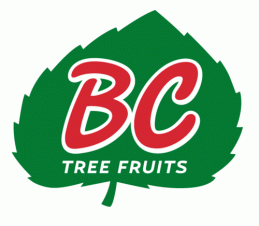
-
Fruit Tree Retailers
Retailers may support the program by volunteering to participate in a sterile insect release Host Tree Registry. They advise buyers of the need to prevent infestation, and on the methods of prevention.
-
Senior Government Scientists
Entomologists with both the federal and provincial governments provide technical advice on the rearing and release of sterile insects, as well on future directions for the program.
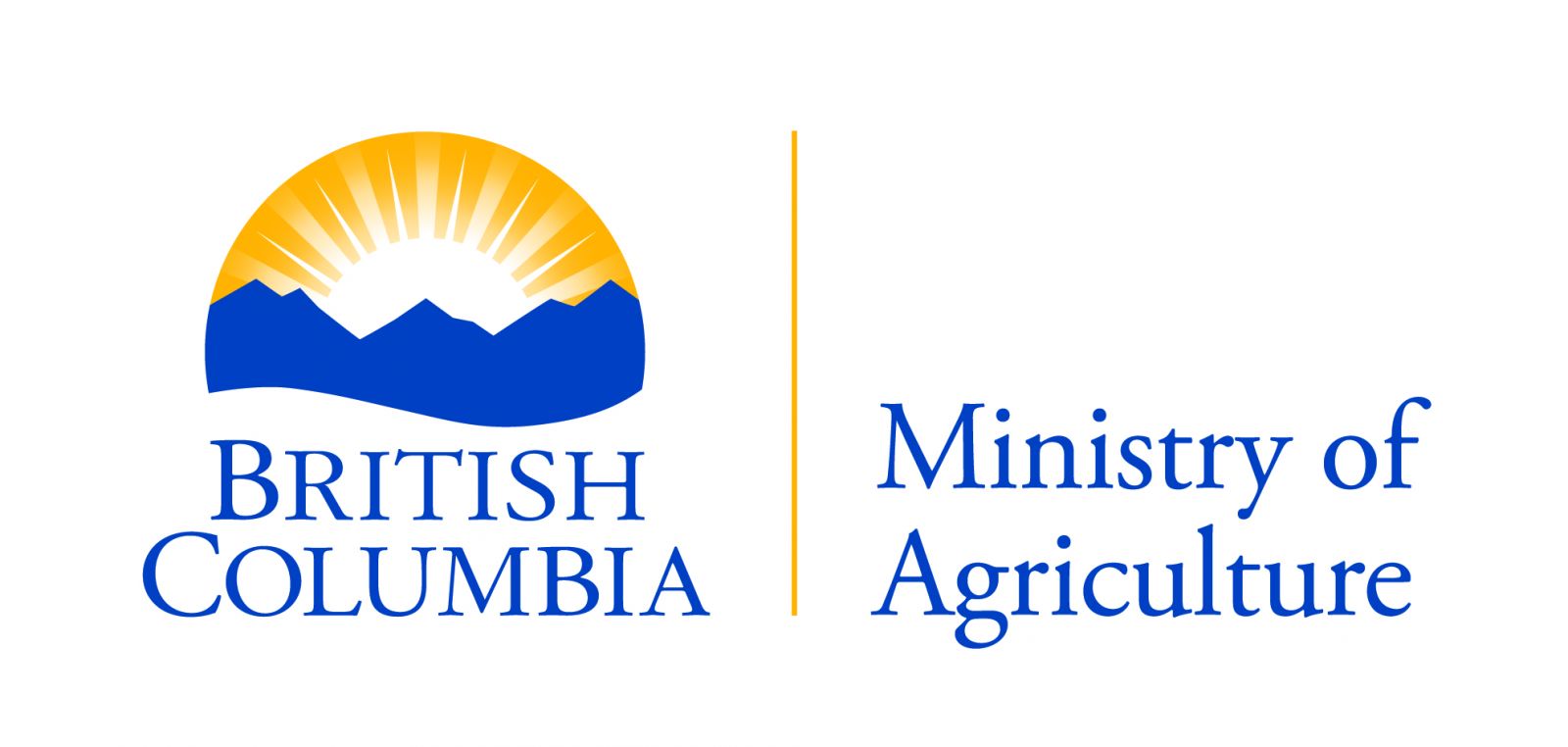


-
Collaborators
Local, National and International organizations which the SIR Program has collaborated with include the following groups.
